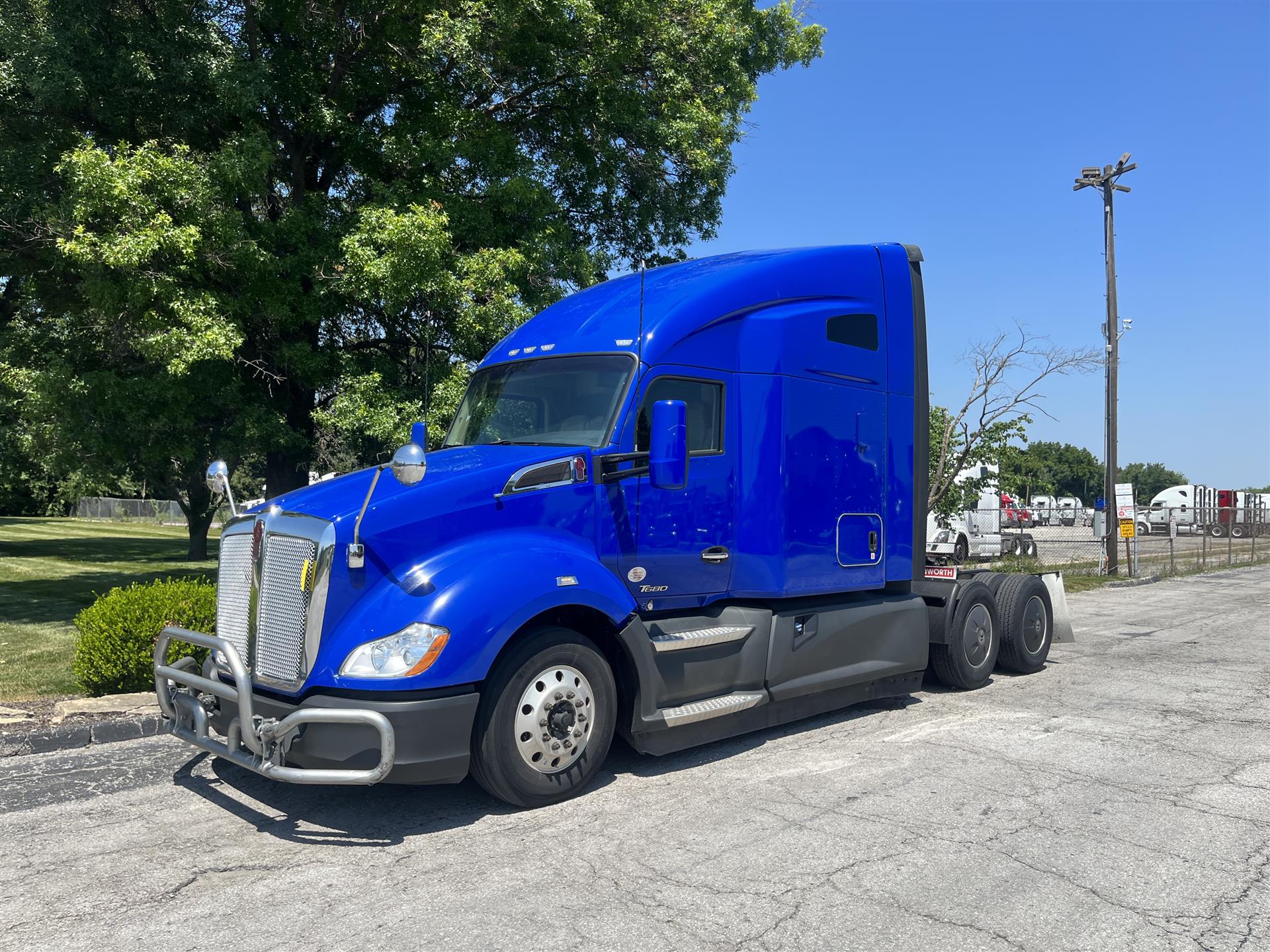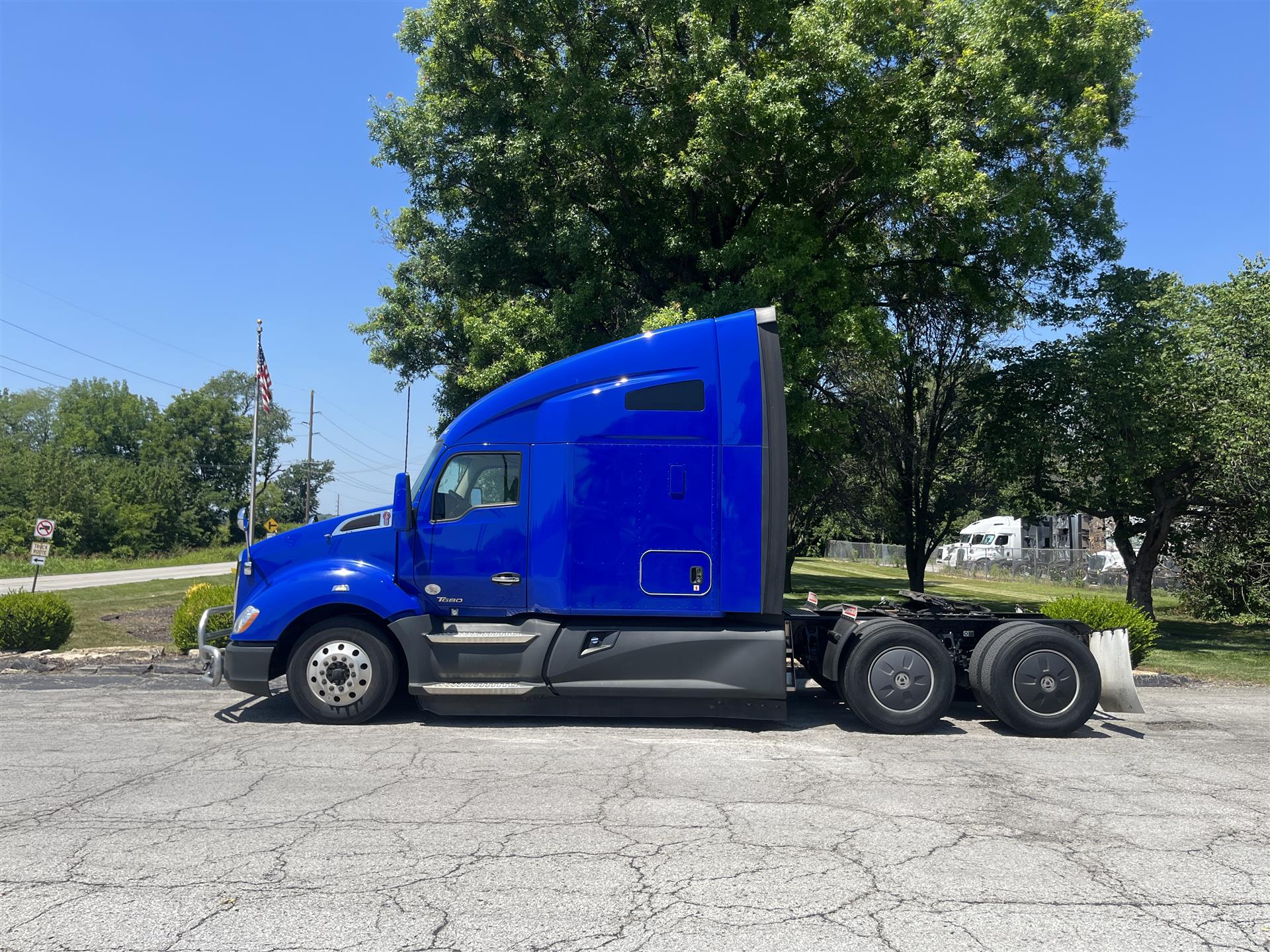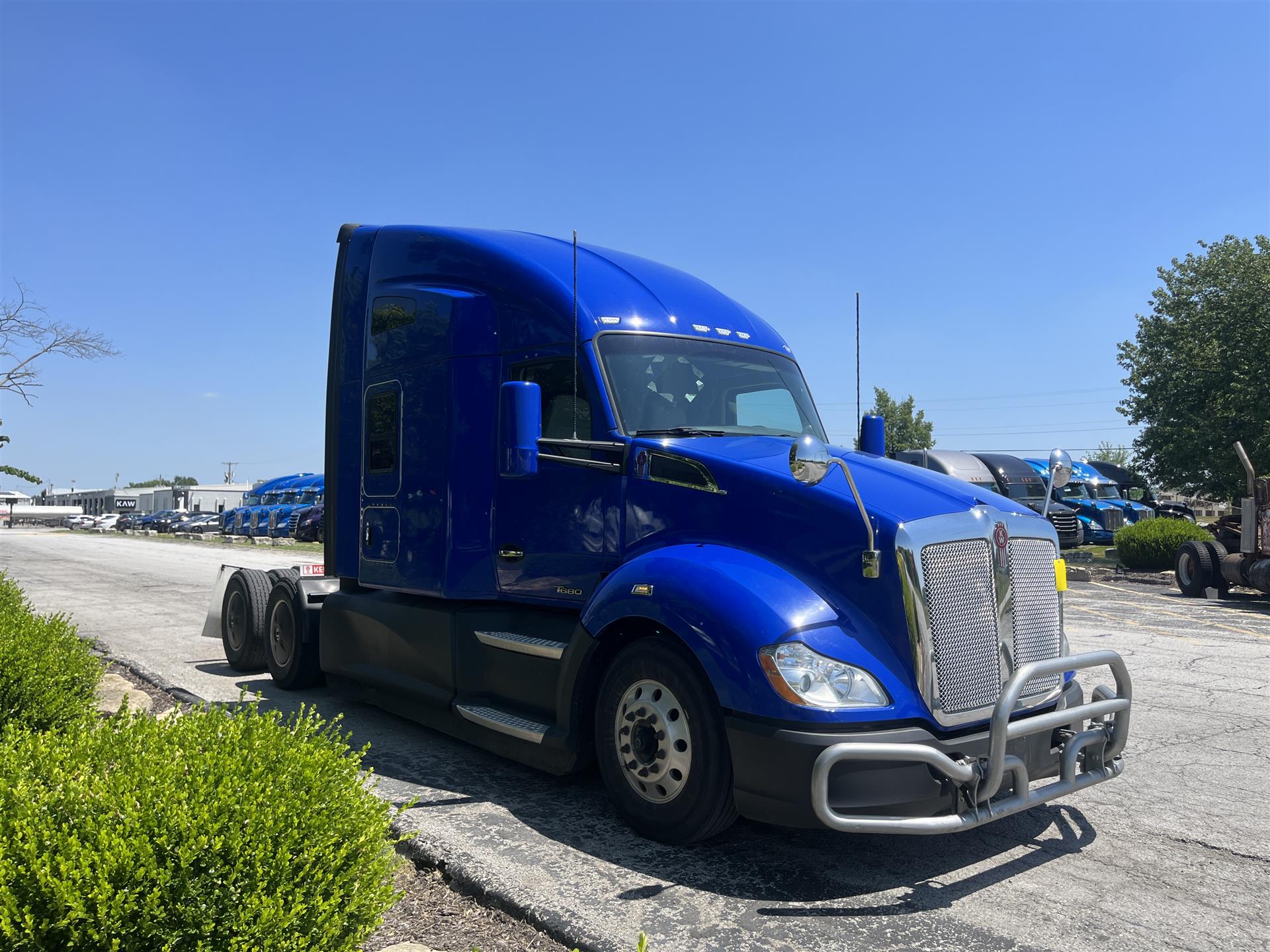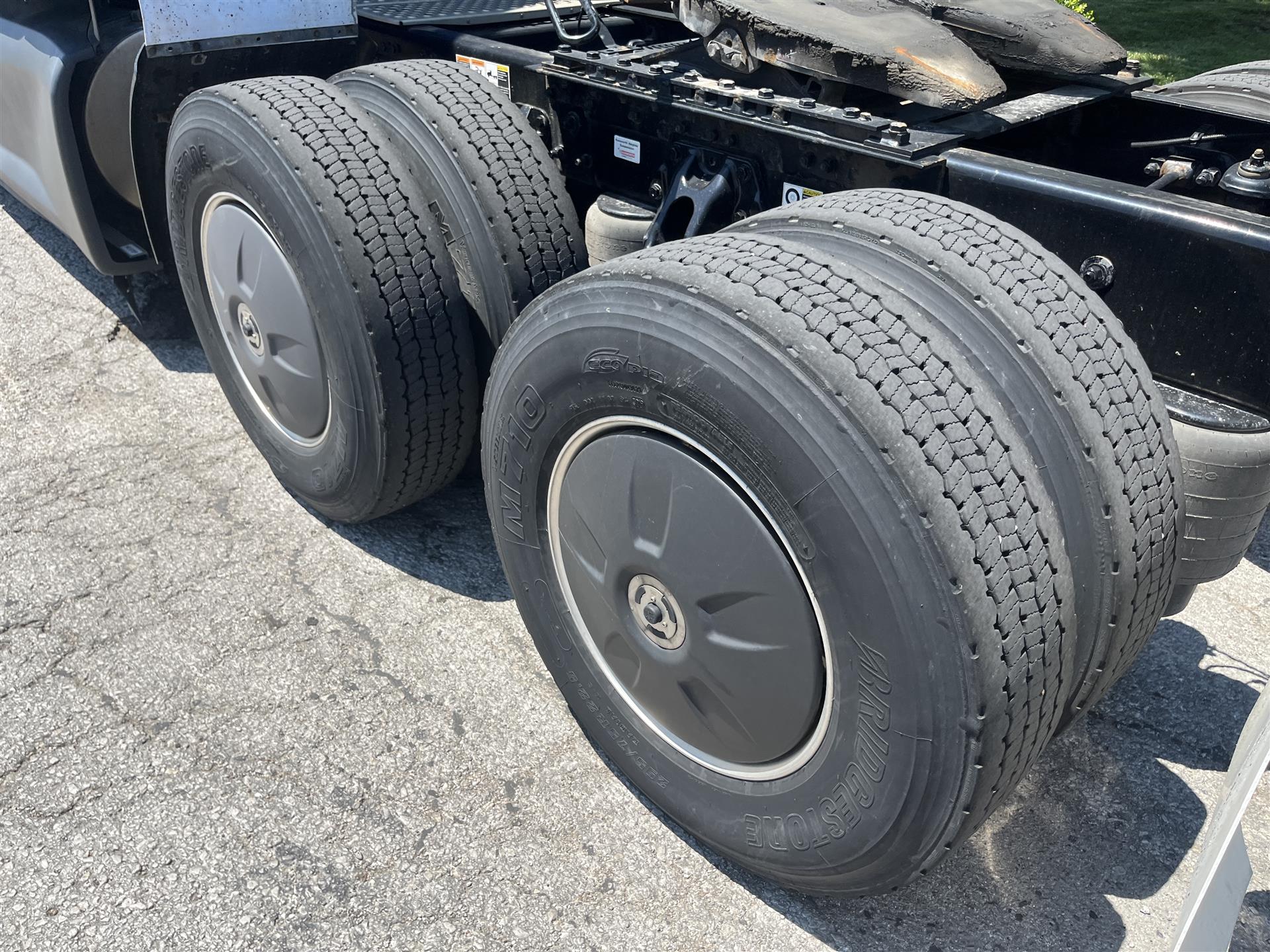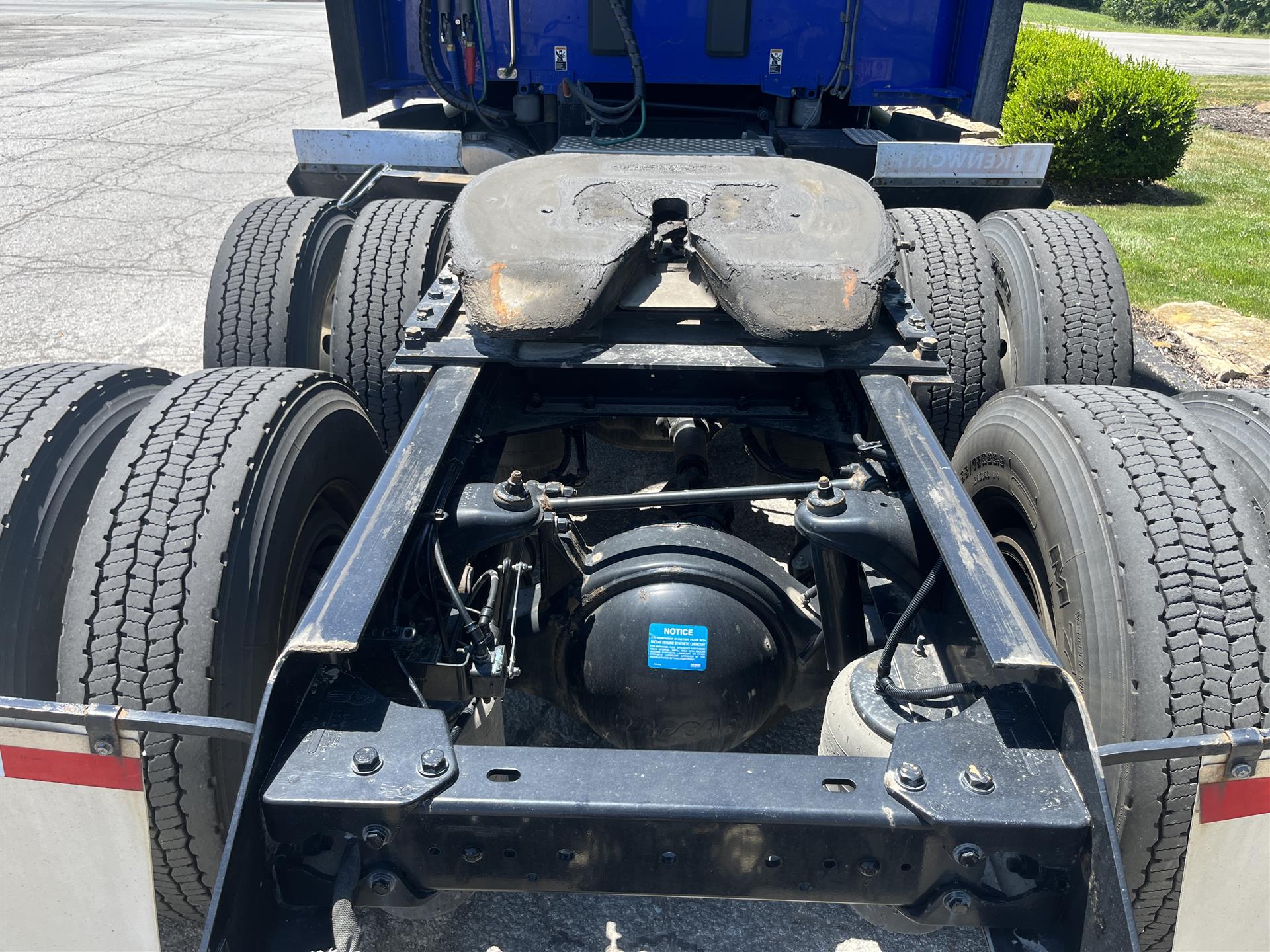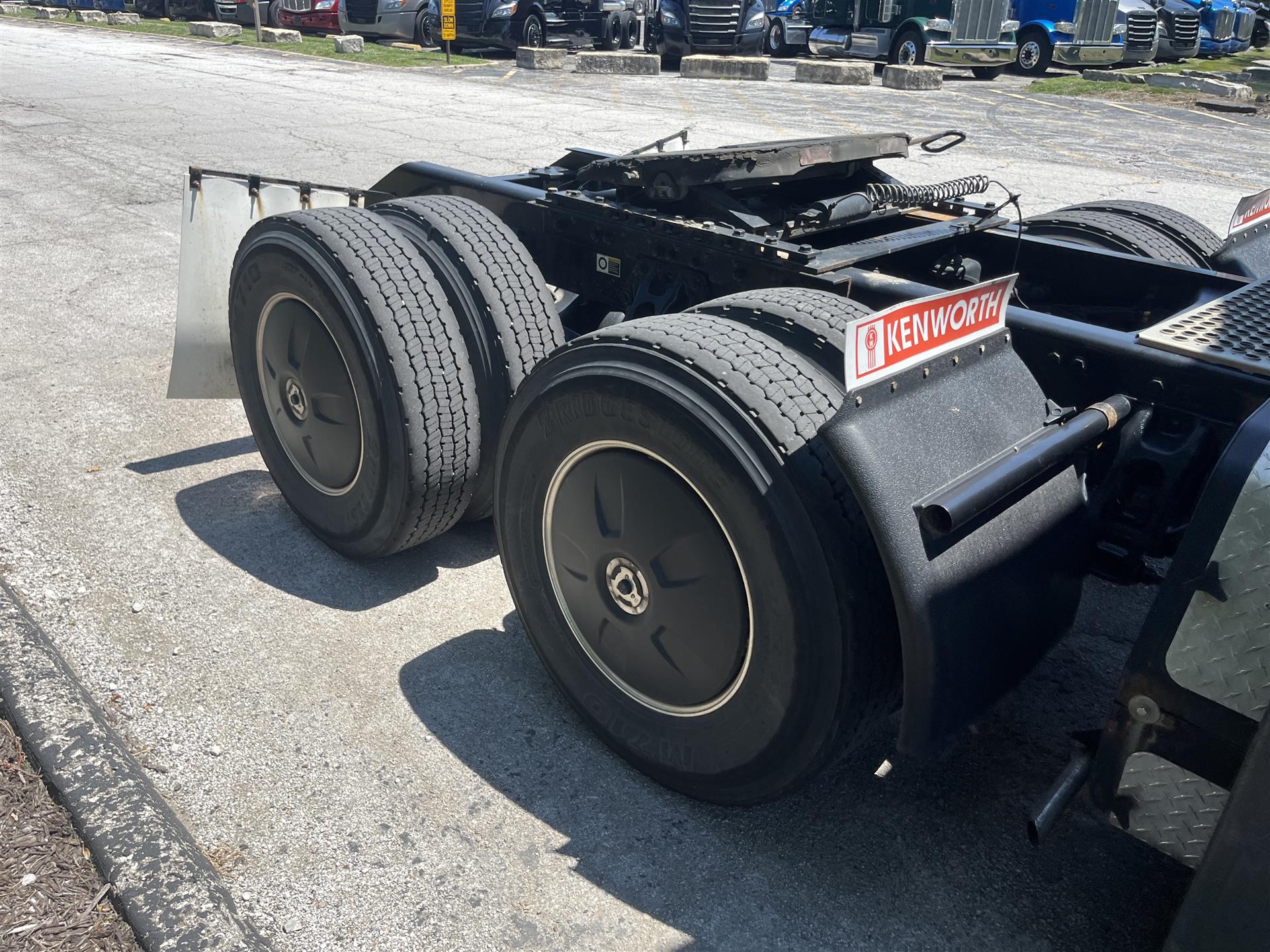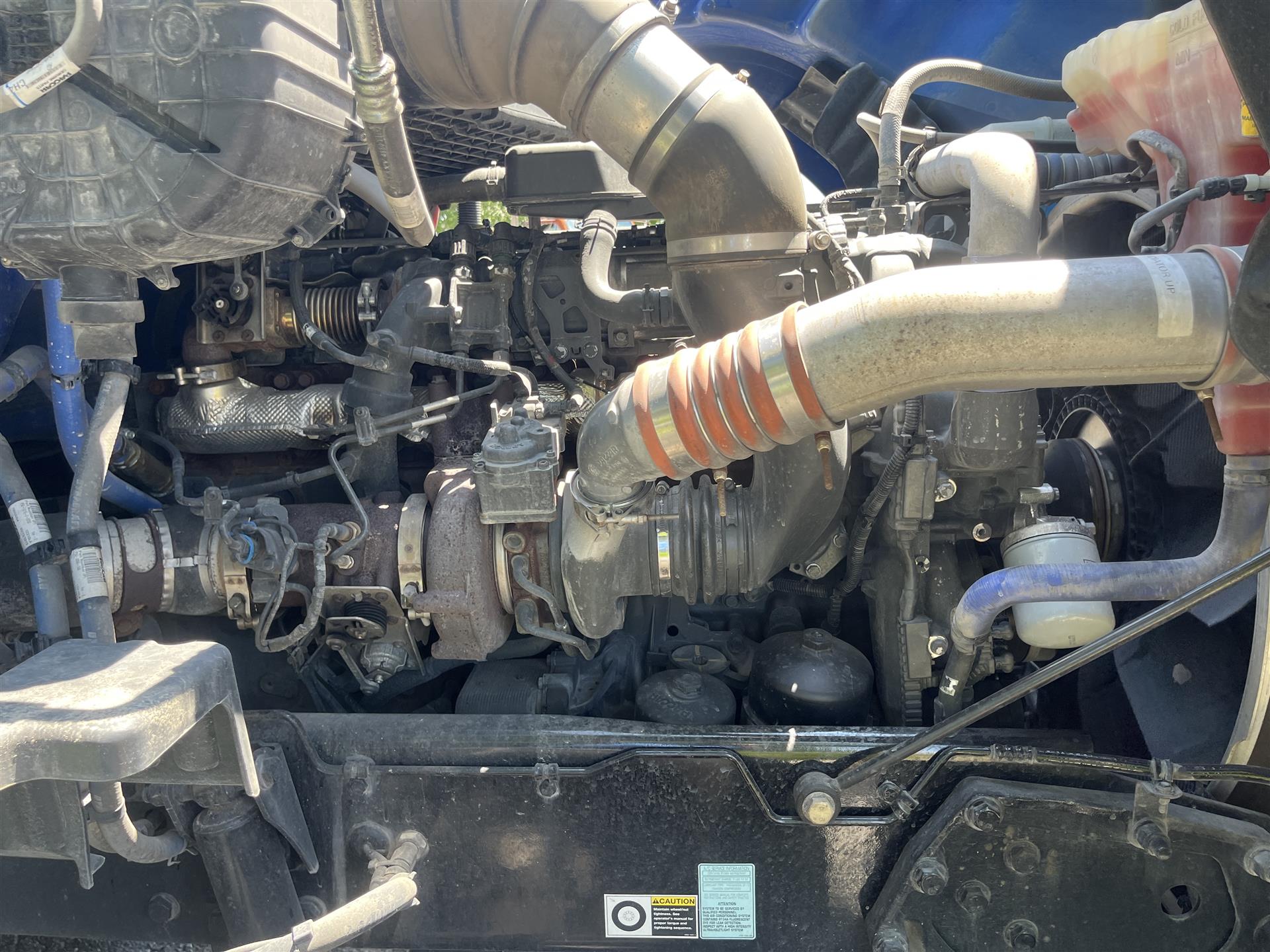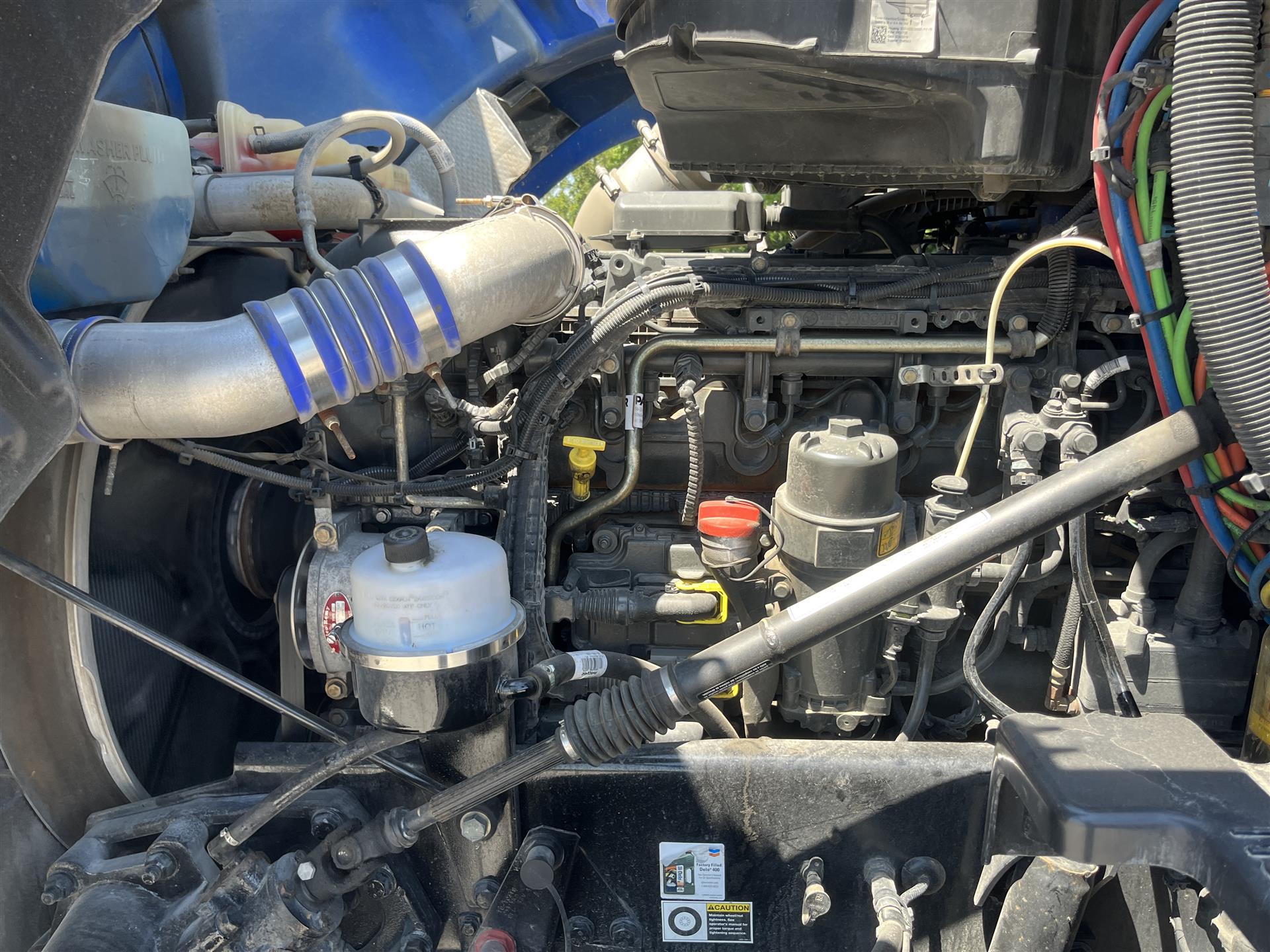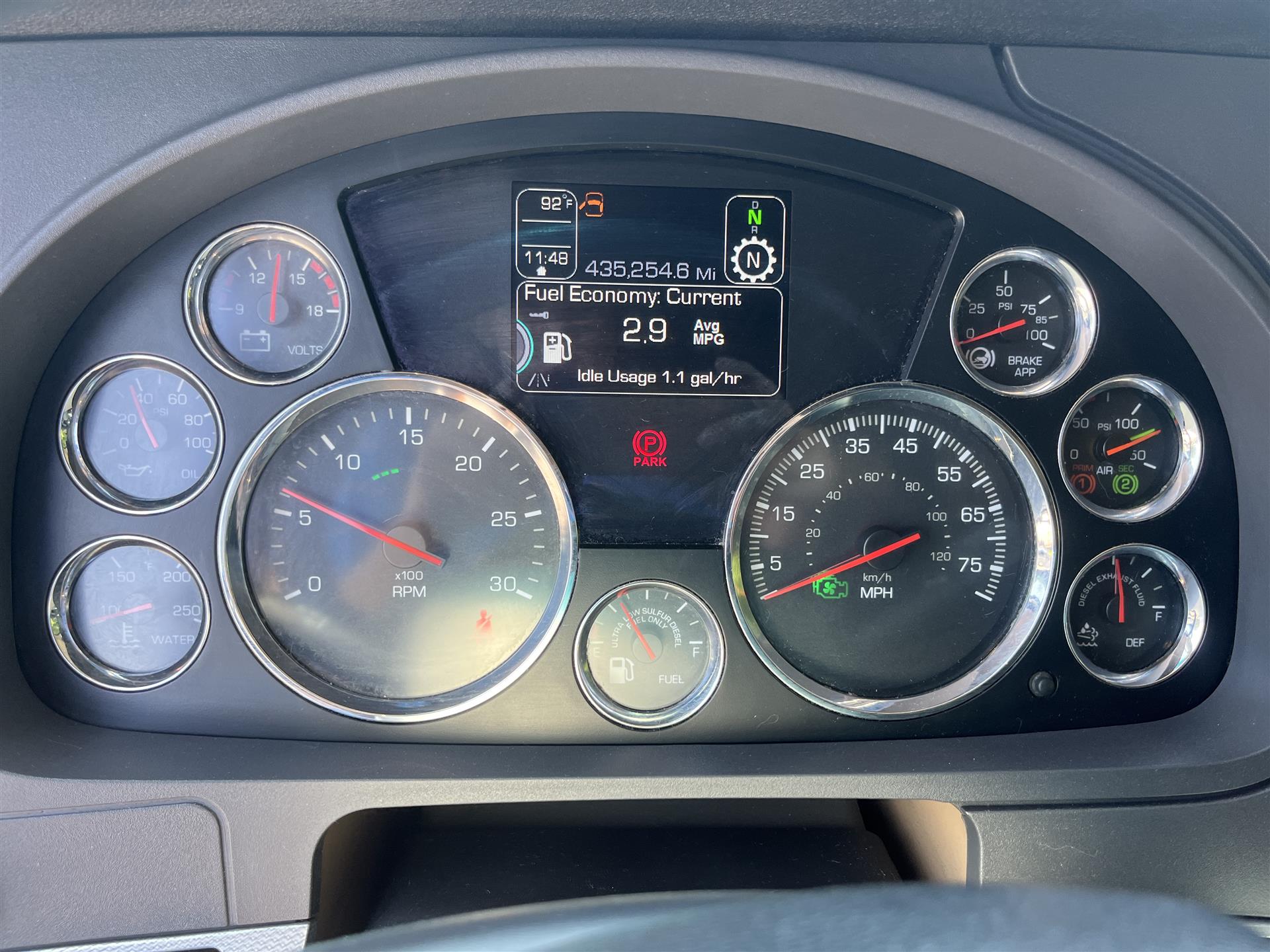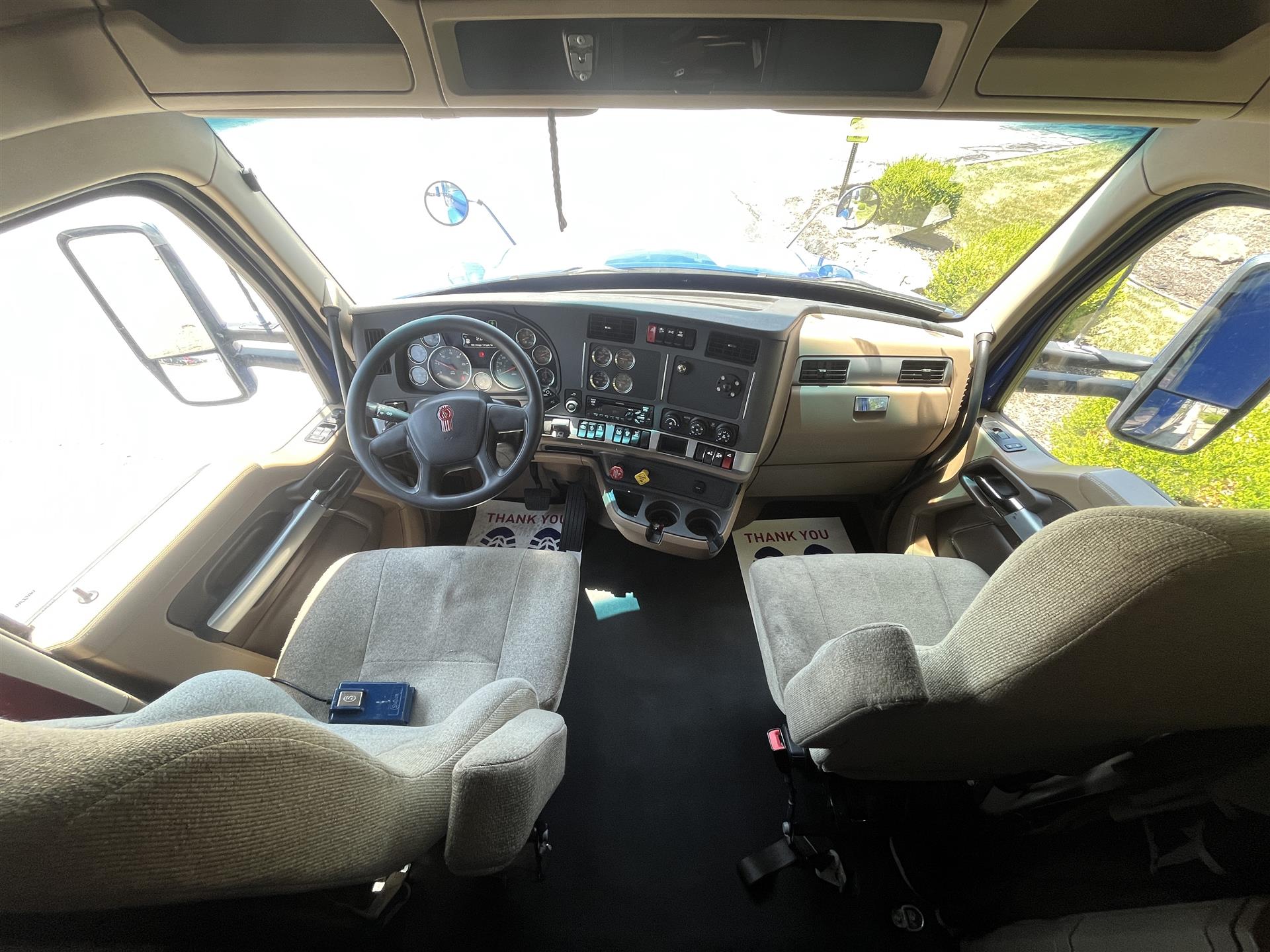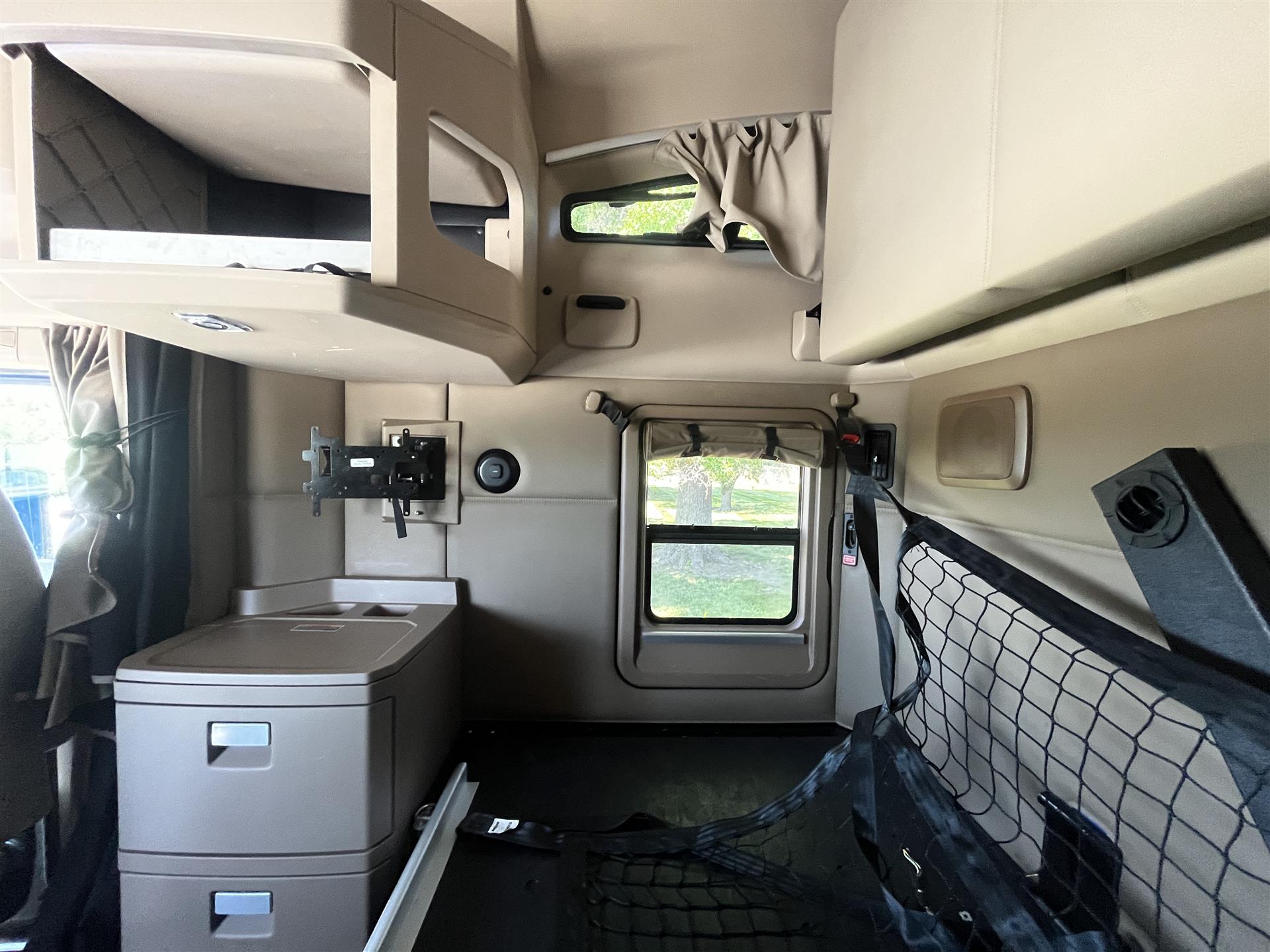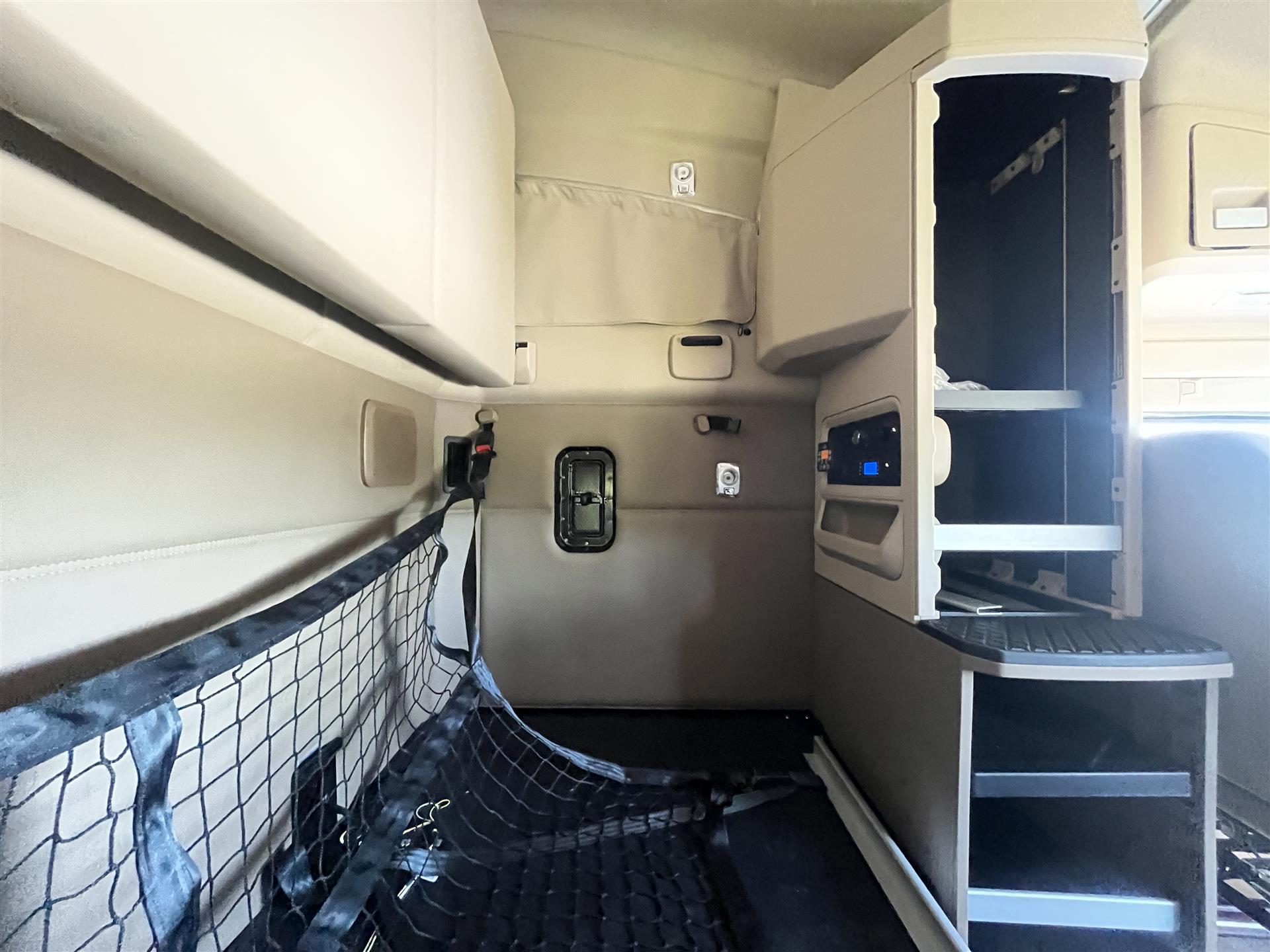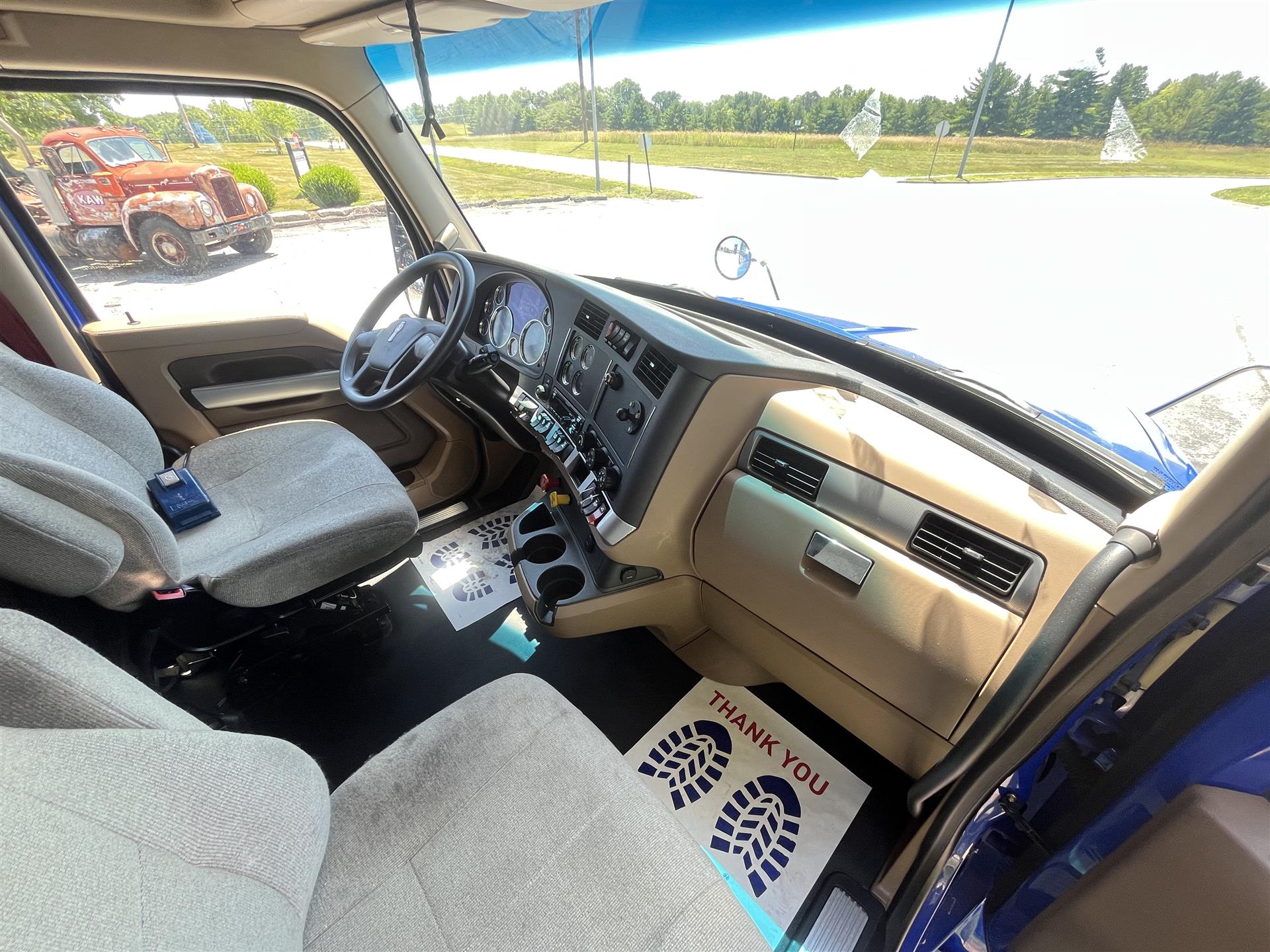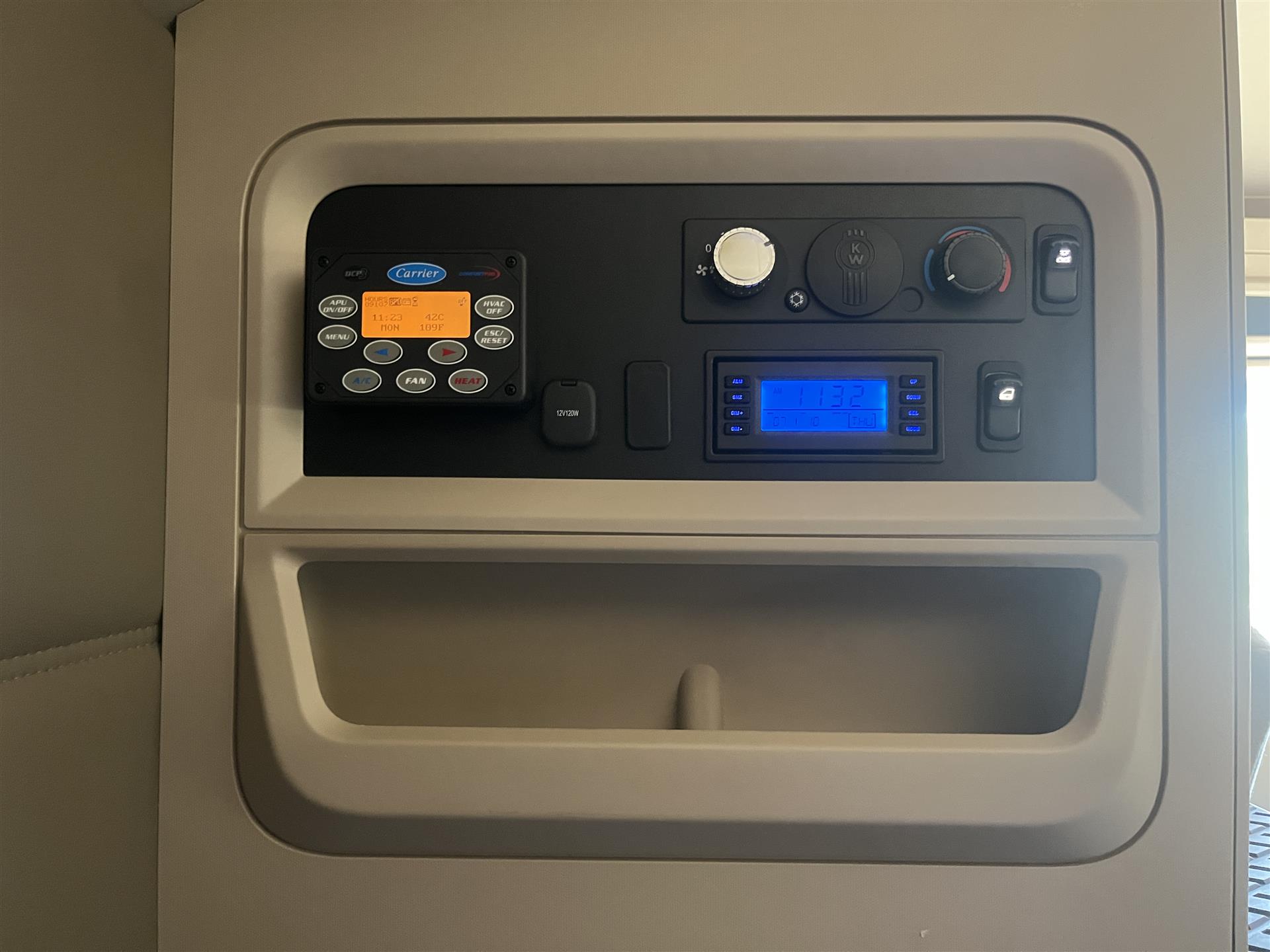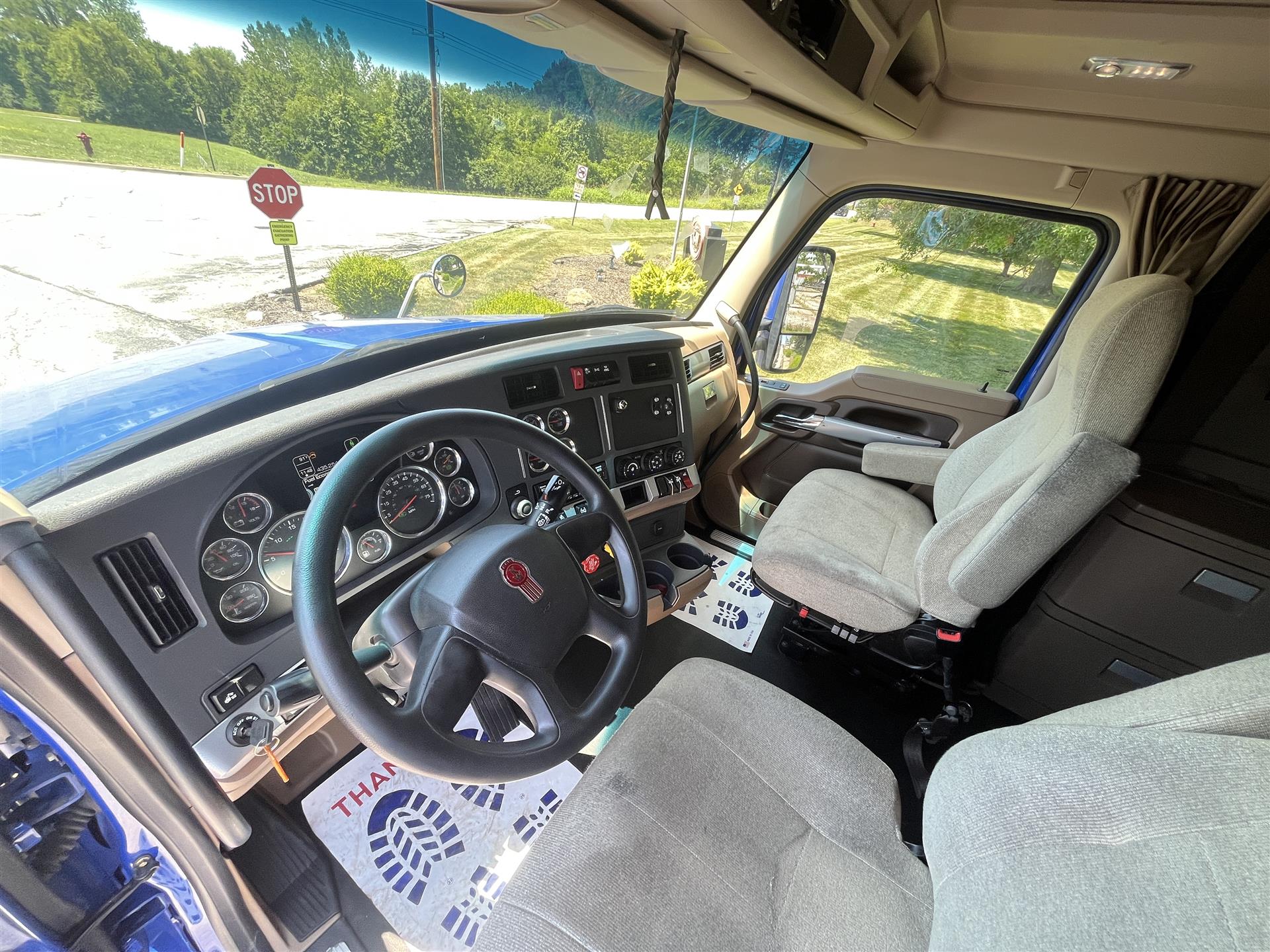Writing a business plan for your trucking company doesn’t have to be difficult. If you want to be a successful owner-operator, being a driver isn’t the only thing you need to be a professional. You also need to be a professional business owner. Initially, your owner-operator business plan doesn’t need to be long or in-depth. As you expand your business, your business plan will also evolve.
Before you write your business plan, consider, gather, and learn all the information below:
- Get your trucking authority.
- Figure out what assets you have and what they are worth. Your truck may be an asset if it’s paid off. Otherwise, it might be a liability. Understand the difference between what an asset is and a liability.
- What will it cost to operate your business? Tally up your projected average fuel cost miles per gallon and miles driven. Operation and maintenance costs help you figure out where to set your rates to be profitable.
- Learn how to manage costs, project revenue, and expenses to determine your profit margin.
- Know the going rates in different freight lanes.
- Set up your operating procedures for different freight types and where they’ll be picked up and dropped off. These are the logistics of your logistics business.
- Understand spot market versus contract market rates.
- Decide if you will add fuel surcharges to your rates by balancing the pros and cons.
Elements Of Your Owner-Operator Business Plan
According to Investopedia, a business plan is a document that defines a company’s objectives and how it plans to achieve its goals. A business plan lays out a written roadmap for the firm from marketing, financial, and operational standpoints.
Executive Summary
An executive summary is a brief overview at the beginning of your business plan. It’s a section that grabs the reader’s attention and summarizes critical information regarding your company overview and upcoming short-term and long-term goals. Ultimately, the executive summary is meant to inform readers of the most important information in your business plan, so they don’t have to read it all and can get caught up quickly.
Company Description
The company description outlines vital details about your company, such as where you are located, how large the company is, what you do, and what you hope to accomplish. It should describe the vision and direction of the company so potential lenders and partners can develop an accurate impression about who you are.
Operational Plan
An operational plan is a strategic document that outlines all the planning related to daily operations and processes required for running a successful business. It entails all the activities that different teams or departments like recruitment, marketing, business development, operations, and finance, need to perform to achieve company goals and objectives.
Services
The services section of your business plan outlines your services, why your market needs them, and how it will compete with other businesses selling the same or similar services. Essentially, this is an opportunity to sell yourself. Why you are better than the next trucking company?
Market Analysis
The market analysis section should include information about the industry, your target market, your competition, and how you intend to make a place for your service. Make sure you include data and statistics in this section.
Here are a few things you should consider when developing your market analysis:
- Competitor Analysis: Who are your competitors? Who are their customers? What are their strengths and weaknesses? How will you fill a gap they currently aren’t targeting?
- Rates & Margins: What is your rate structure? How do your rates compare to those of your competition? What margins do you need to turn a profit?
- Industry Regulations: Federal and state laws can sink a trucking company if you don’t fully understand them and develop a compliance plan. Detail such regulations as hours of service limits, fuel emissions requirements, and the various permits and licenses you will need. Then explain how you will ensure that your company complies.
Management & Personnel
This section may not be required if you are the sole owner and operator of every aspect of your business. In the case that you might have multiple employees, this section should outline your entire organizational structure and what their responsibilities are.
Sales & Marketing Strategies
The sales and marketing plan outlines strategies for creating awareness of your services among a defined group of prospective clients or partners. It also describes the rate and service structures that provide the highest anticipated return.
Financial Projections
A financial plan helps determine if an idea is sustainable and keeps you on track to financial health as your business matures. It’s an integral part of an overall business plan and is made up of three financial statements:
- Cash Flow Statement: This financial statement summarizes the movement of cash (and cash equivalents) that come in and go out of your company.
- Income Statement: This financial statement primarily focuses on your company’s revenues and expenses during a particular period.
- Balance Sheet: This financial statement outlines the assets, liabilities, and capital of your business at a particular point in time, detailing the balance of income and expenditure over the preceding period.
How far out do you need to predict your finances? You can always adjust your plan as the industry changes, but you must show you have a plan.
Funding Request
Not all business plans include this section, but if you need money, investors or partners will want to see how much you need. Calculate this by subtracting your current money from your total projected costs. List your assets and what you’re contributing to jumpstart the business. Investors like to see what you have at stake before investing their money in your venture. Ensuring that your financial projects are accurate is a key component in raising money.
If writing your business plan is something you may have difficulty with, hiring a temporary owner-operator business consultant might be the route. It’s important that you have a good road map to success as you navigate your owner-operator career.




